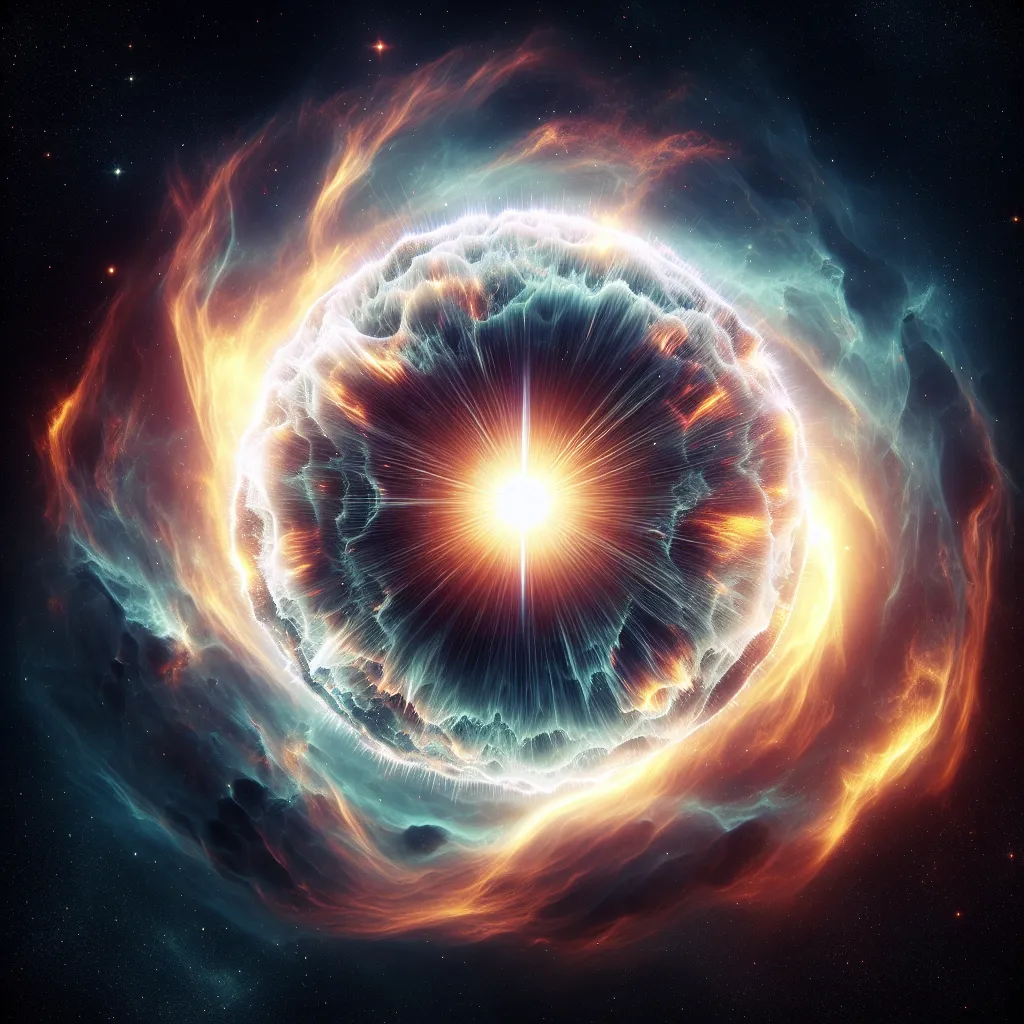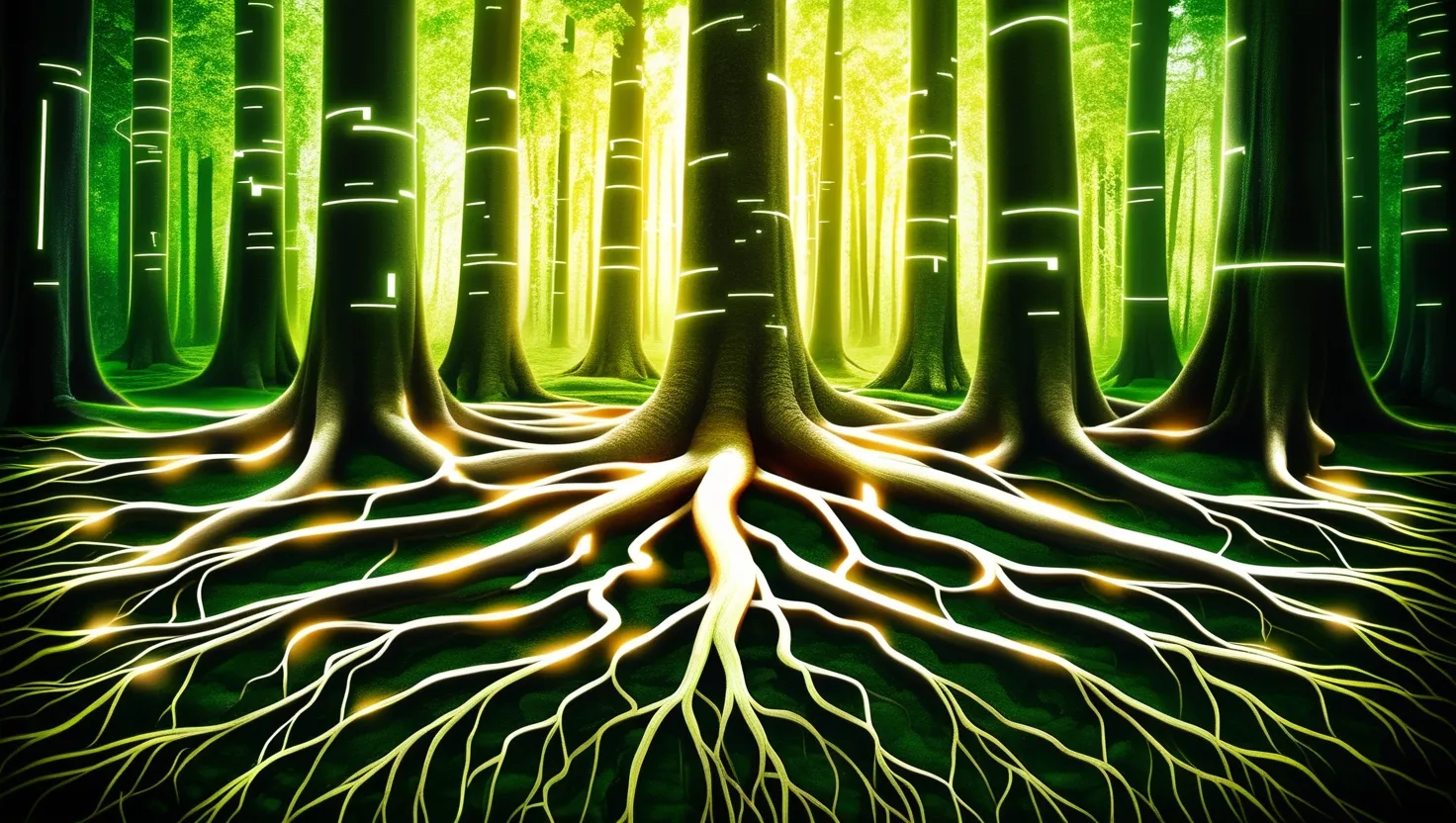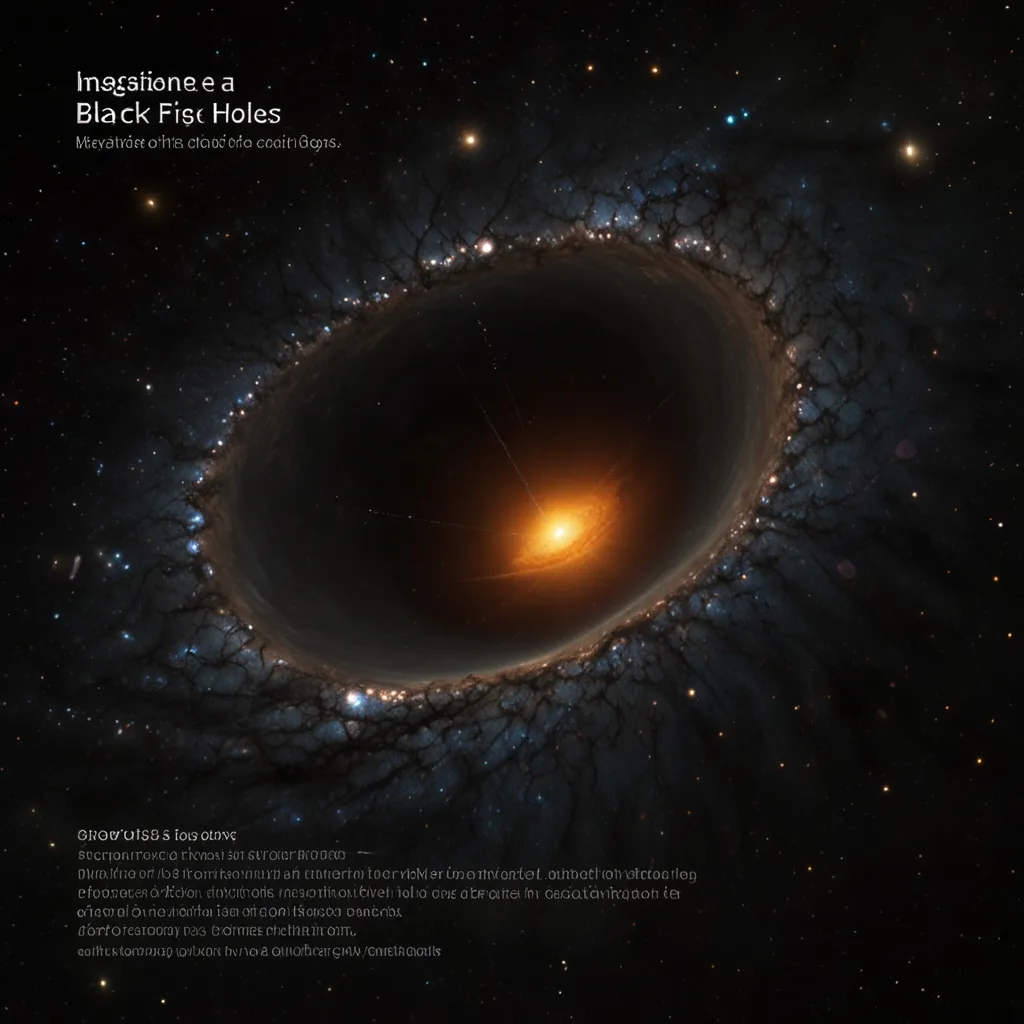Losing weight is tough, often because your body seems to be working against you. Think of your body like a machine that needs energy, which it gets from food. This energy is measured in calories. Your brain, heart, gut, and muscles all need these calories to function. For example, an hour of walking burns around 260 calories, while running can burn about 700 calories.
It sounds simple: eat less and move more to burn fat. But in reality, exercising isn’t the magic weight-loss solution many think it is. Scientists have discovered that people from different lifestyles, from sedentary office workers to active hunter-gatherers, burn roughly the same number of calories daily. On average, women burn around 1900 calories a day, and men burn about 2600. This holds true across different populations, regardless of their activity levels.
When you start working out more, your body might sneakily reduce your movement in other areas. You might take the elevator instead of the stairs or sleep longer. This balances out the calories you burn, stalling your weight loss. Even if you initially lose weight, your body adapts quickly, and you burn fewer extra calories over time.
But exercise does bring significant health benefits. It reduces chronic inflammation and stress, which are linked to severe diseases like cancer and heart failure. Exercise also improves your heart health, can alleviate depression, and generally helps you live a longer, healthier life.
Our ancestors had to work hard for food. If moving more burned way more calories, they’d starve during tough times because they’d need even more food to compensate for their increased activity. This evolutionary trait helps us understand why today’s obesity epidemic isn’t about laziness, but overeating. Humans evolved to be efficient calorie collectors, driven by the high energy demands of our brains and prolonged child-rearing.
Hunter-gatherers could gather up to 5,000 calories in just a few hours, while our ape relatives gather around 1,500. This efficiency is linked with our advanced brains and social skills, which developed over years of playing, learning, and interacting with others. Unfortunately, in the modern world, this same efficiency drives us to overproduce and overconsume food.
In summary, working out alone won’t shed all your fat, but it will balance your body, making you more resilient and healthy. Physical fitness is just half the battle. For a fulfilling life, you also need an active mind ready to tackle any challenge.






